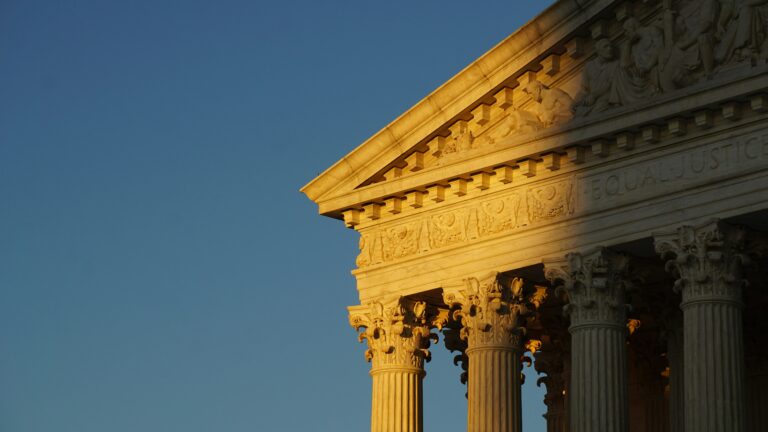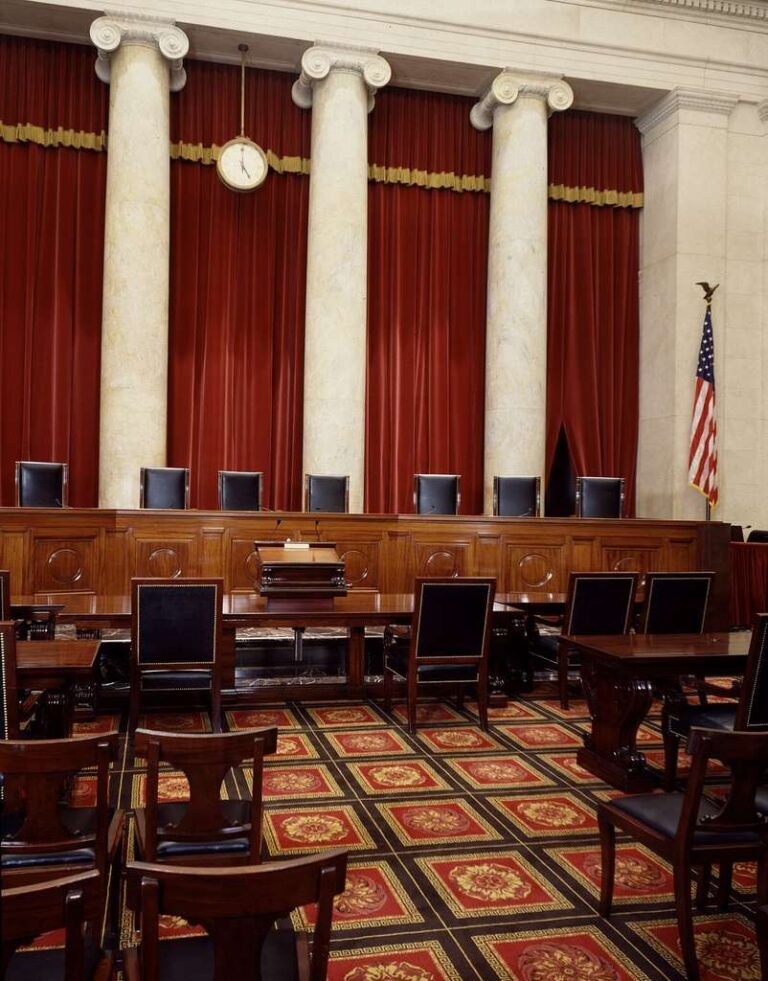Melissa Greenberg is a student at Harvard Law School.
This post is part of OnLabor’s continuing analysis of National Labor Relations Board v. Murphy Oil USA.
In the lead up to the Supreme Court’s oral arguments on October 2, 2017 in the consolidated cases of Murphy Oil USA, Epic Systems, and Ernst and Young, the Economic Policy Institute published a paper examining the prevalence of arbitration agreements among America’s workers. The report is available in full here. The report examines the rise of these agreements following the Supreme Court’s 1991 decision in Gilmer v. Interstate/Johnson Lane Corp., which held that the Federal Arbitration Act applied to employment agreements. The report calculates that more than 60 million workers in nonunion workplaces have mandatory arbitration agreements. Approximately 30 percent of employers with these types of agreements also have class action waiver provisions. These statistics highlight the high stakes for workers in the outcome of these cases before the Court.
Scotusblog reports that Paul Clement, who is currently at Kirkland Ellis and previously served as solicitor general, will argue the case for the employers in the consolidated cases. He will split his time with the Solicitor General’s office. Counsel for the parties representing the employees will split their argument time with the National Labor Relations Board.










Daily News & Commentary
Start your day with our roundup of the latest labor developments. See all
November 24
Labor leaders criticize tariffs; White House cancels jobs report; and student organizers launch chaperone program for noncitizens.
November 23
Workers at the Southeastern Pennsylvania Transportation Authority vote to authorize a strike; Washington State legislators consider a bill empowering public employees to bargain over workplace AI implementation; and University of California workers engage in a two-day strike.
November 21
The “Big Three” record labels make a deal with an AI music streaming startup; 30 stores join the now week-old Starbucks Workers United strike; and the Mine Safety and Health Administration draws scrutiny over a recent worker death.
November 20
Law professors file brief in Slaughter; New York appeals court hears arguments about blog post firing; Senate committee delays consideration of NLRB nominee.
November 19
A federal judge blocks the Trump administration’s efforts to cancel the collective bargaining rights of workers at the U.S. Agency for Global Media; Representative Jared Golden secures 218 signatures for a bill that would repeal a Trump administration executive order stripping federal workers of their collective bargaining rights; and Dallas residents sue the City of Dallas in hopes of declaring hundreds of ordinances that ban bias against LGBTQ+ individuals void.
November 18
A federal judge pressed DOJ lawyers to define “illegal” DEI programs; Peco Foods prevails in ERISA challenge over 401(k) forfeitures; D.C. court restores collective bargaining rights for Voice of America workers; Rep. Jared Golden secures House vote on restoring federal workers' union rights.